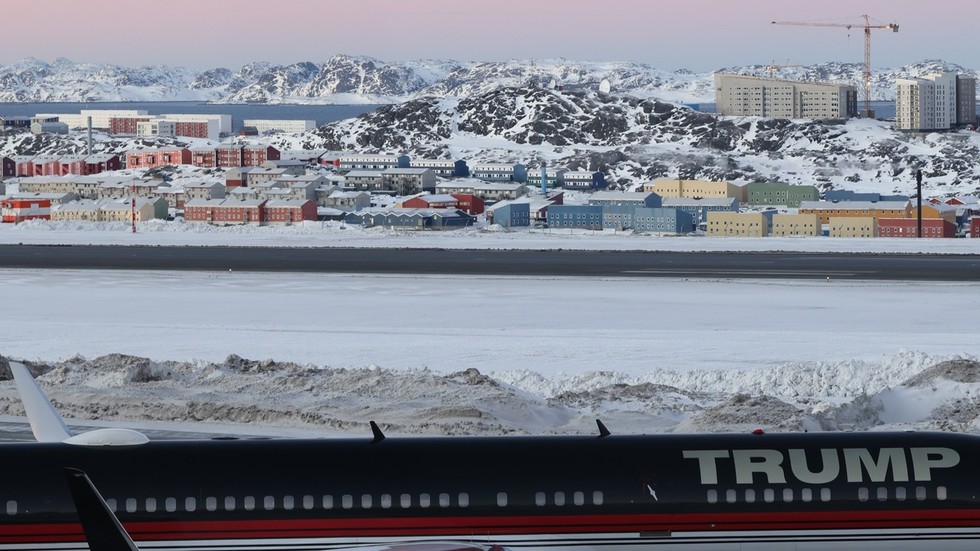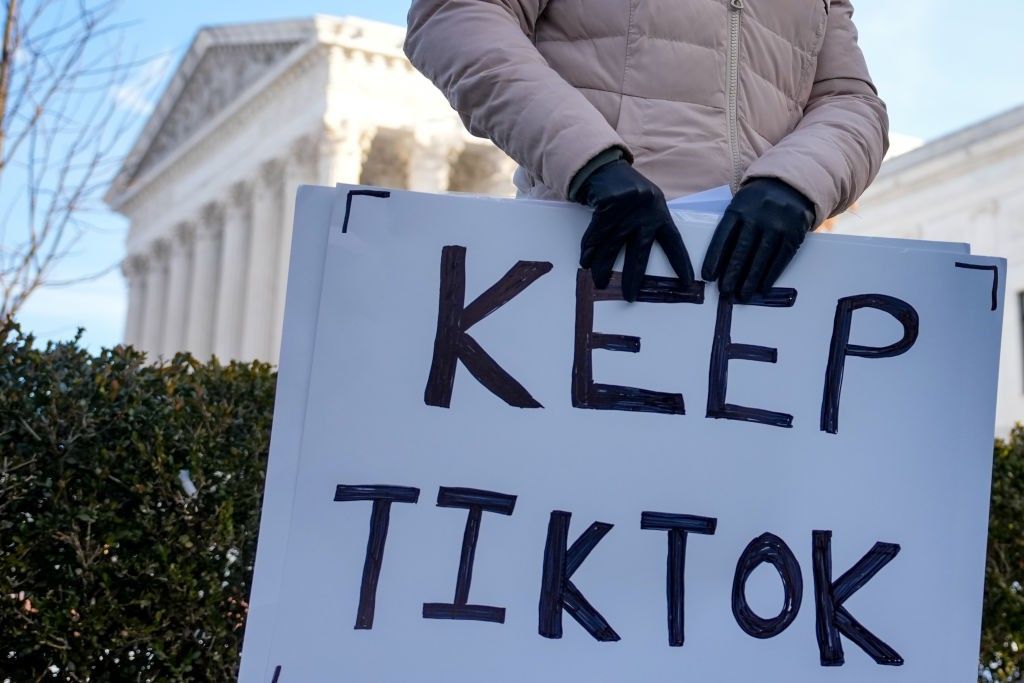Despite this, on Thursday afternoon, Senator Fatima Payman quit the Labor Party to sit as an independent, condemning “our government’s indifference to the greatest injustice of our times” with Israel’s attacks on Gaza.
The Middle East has long had a way of imposing itself on Australian politics in a way that belies its remoteness from us. Whether that is through our dispatch of troops there in World Wars I and II or more recently in Iraq as part of our perceived alliance requirements, because of the economic opportunities it presents, or increasingly through immigration, we have long shared a history with the region.
Loading
But events in the Middle East can reveal fault lines in our society and energise identity politics at the expense of debate about what is in the national interest. A group calling itself The Muslim Vote, which has declared it will target Labor-held seats in response to its support for Israel, is the latest and most public manifestation of this trend. Given Australia’s experience with sectarian-based politics last century, and the damage that identity politics has done in the Middle East, this is unlikely to be a good thing. (Payman said she was not affiliated with the group.)
The same year that Albanese began the Friends of Palestine group, the noted historian Bernard Lewis published his book Multiple Identities of the Middle East. In it, he explains the Middle East’s penchant for conflict through the multiplicity of identities that exist in the region and the way that this has influenced people’s views of, and reaction to, particular issues. As an historian, he was, of course, focused on the past, and of the lived experience of the groups about whom he wrote.
But the way in which the war in Gaza has mobilised segments of the population in Australia – and what it might say about the future of identity politics – is concerning. There are just over 100,000 Jewish Australians and many fewer people with Palestinian heritage.
Claim and counter-claim of antisemitism and Islamophobia in Australia have routinely been deployed to discredit one side or the other. At the same time, many of those camping out in university protests or marching on the streets or defacing politicians’ offices or war memorials, or merely wearing keffiyehs, are neither Palestinian nor Muslim, and relatively few would have been to, or would ever want to go to, Gaza.
Loading
Events in the Middle East have for many years have had an impact on Australian security in ways that belie its geographic separation from this country. But the region’s ability to impose itself on Australian politics has taken a new direction.
The launching of a Muslim political grouping and the resignation of a Muslim ALP senator from the party has brought the problems bedevilling the Middle East directly into domestic Australian politics. But those seeking to use grievance politics as a way of garnering political influence should also appreciate the degree to which identity politics is the root cause of many of the Middle East’s problems.
Dr Rodger Shanahan is a Middle East analyst. As an army officer, his operational experience included Lebanon, Syria and Afghanistan. He is the author of Islamic State in Australia.




















Discussion about this post